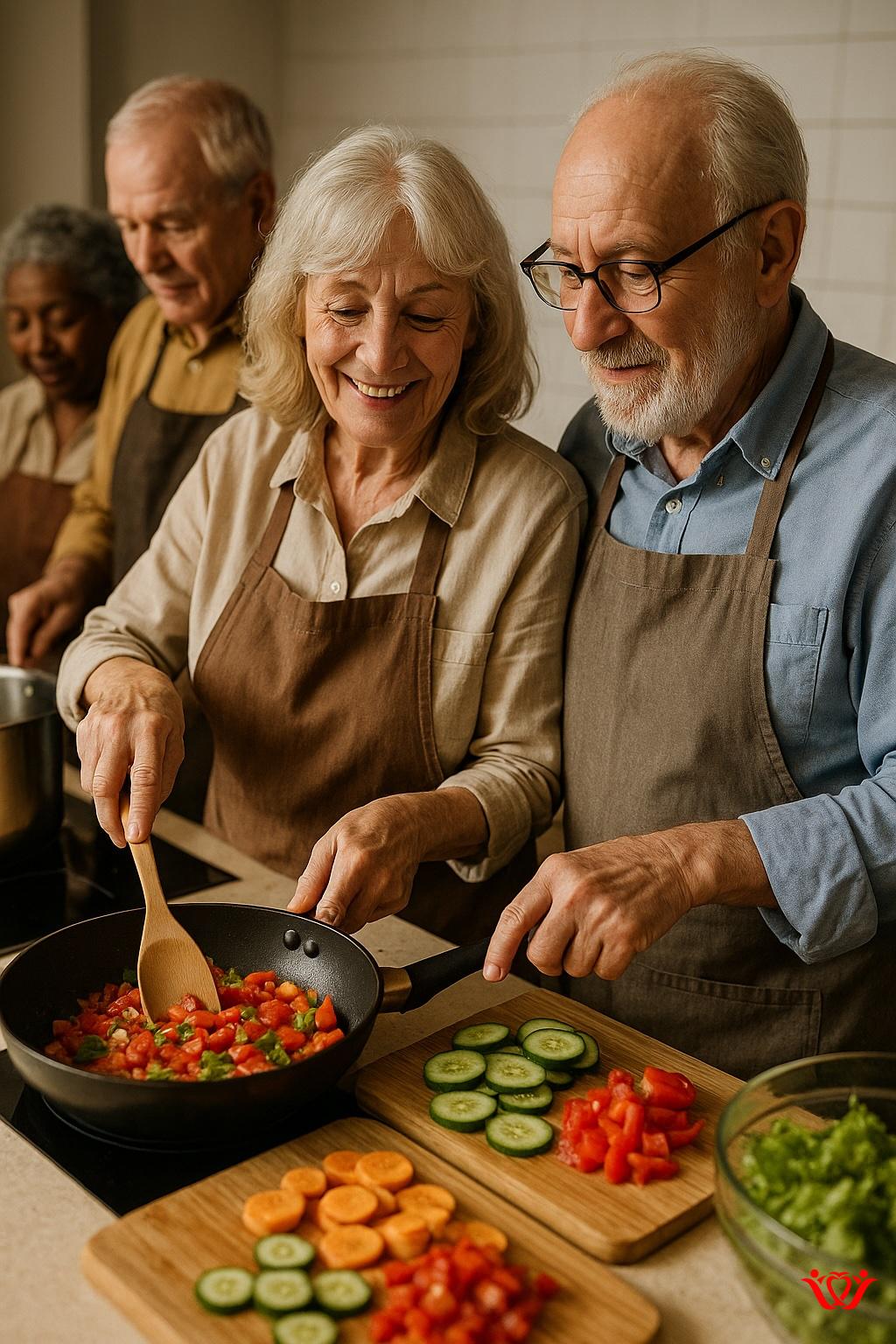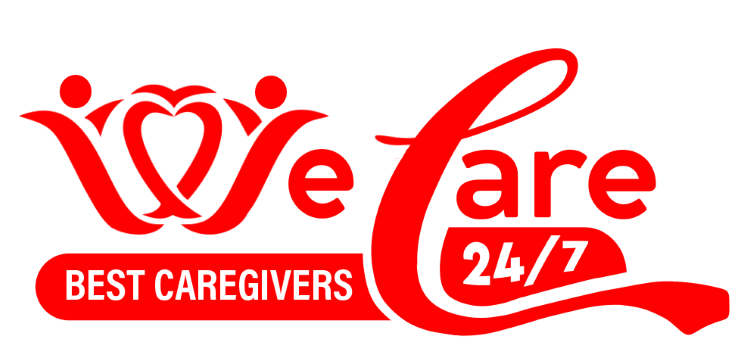Meal Kits vs. Home Cooking: Navigating Nutrition for New Jersey Seniors

Ensuring Optimal Nutrition for New Jersey’s Aging Population
As individuals age, maintaining proper nutrition becomes a cornerstone of overall health, cognitive function, and quality of life. For New Jersey seniors, their adult children, and dedicated caregivers, the quest for convenient, healthy, and appealing meal solutions is a common concern. Two popular approaches often come to mind: the traditional comfort of home cooking and the growing convenience of meal kits. This discussion aims to weigh the benefits and considerations of both, helping you make informed decisions for senior nutrition right here in the Garden State.
Good nutrition for seniors helps manage chronic conditions, supports a strong immune system, and contributes to sustained energy levels. Factors like changes in appetite, dietary restrictions, medication interactions, and physical limitations can complicate meal preparation. Understanding these challenges is the first step toward finding the best path forward.
The Enduring Appeal of Home Cooking for Seniors
For many New Jersey seniors, home cooking represents more than just a meal; it embodies a lifetime of traditions, comforting routines, and personal control over ingredients. The aroma of a familiar dish cooking can evoke cherished memories, contributing positively to emotional well-being.
Benefits of Home Cooking: Personalization & Familiarity
- Complete Dietary Control: When cooking at home, you have absolute power over every ingredient. This is particularly valuable for seniors with specific dietary needs, such as managing diabetes, hypertension, or allergies. You can meticulously control sodium, sugar, fat, and portion sizes to align precisely with medical recommendations or personal preferences.
- Cost-Effectiveness: Generally, preparing meals from scratch using ingredients purchased in bulk or on sale can be more economical than subscribing to meal kit services. For seniors living on fixed incomes, this financial advantage can be substantial. Resources like SNAP-Ed programs in New Jersey also provide guidance on healthy eating on a budget.
- Freshness and Quality: Choosing fresh, local produce from New Jersey’s many farmers’ markets or grocery stores allows for peak flavor and nutrient content. You can select items that are at their best, ensuring a vibrant and wholesome meal.
- Comfort and Routine: The act of cooking can be a relaxing and familiar routine, offering a sense of normalcy and accomplishment. For those who enjoy culinary activities, it remains a fulfilling part of their day.
Challenges of Home Cooking for Seniors and Caregivers
Despite its many advantages, home cooking presents several hurdles that can become more pronounced with age or specific health conditions:
- Physical Demands: Standing for extended periods, chopping, lifting heavy pots, and reaching for ingredients can be physically taxing for seniors with mobility issues, arthritis, or reduced stamina.
- Cognitive Challenges: Following complex recipes, managing cooking times, and ensuring food safety can become difficult for individuals experiencing cognitive decline.
- Grocery Shopping: The logistics of grocery shopping – transportation, navigating aisles, lifting bags – can be a significant barrier.
- Food Waste: Cooking for one or two people can lead to excess ingredients and potential food waste, especially when purchasing larger quantities.
- Meal Fatigue: Repeatedly planning and preparing meals can become monotonous and contribute to a lack of interest in eating, potentially leading to inadequate nutrient intake.
The Rise of Meal Kits: Convenience Meets Curation
Meal kits, delivered directly to the doorstep, have surged in popularity, offering pre-portioned ingredients and easy-to-follow recipes. For New Jersey seniors and their caregivers, these services present an intriguing alternative to traditional grocery shopping and meal preparation.
Advantages of Meal Kits for Senior Nutrition
- Unmatched Convenience: Everything needed for a meal arrives pre-portioned and often pre-chopped, significantly reducing preparation time and effort. This can be a game-changer for seniors with limited energy or for caregivers with busy schedules.
- Reduced Food Waste: Since ingredients are portioned precisely for the recipe, there’s less likelihood of unused produce or pantry items going bad. This can save money in the long run and minimize waste.
- Variety and Novelty: Meal kits introduce new recipes and ingredients that seniors might not typically try, broadening their culinary horizons and making mealtime more exciting. Many services offer diverse cuisines and rotating menus.
- Nutritional Guidance: Most reputable meal kit services provide detailed nutritional information for each meal, including calorie counts, macronutrient breakdowns, and often highlight options for specific dietary needs like low-sodium, heart-healthy, or diabetic-friendly choices. This transparency can be highly beneficial for managing senior diets.
- Reduced Grocery Trips: For seniors who find grocery shopping arduous, meal kits eliminate the need for frequent store visits, saving physical effort and transportation costs.
Considerations and Drawbacks of Meal Kits
While convenient, meal kits also come with their own set of considerations:
- Cost: Meal kits are generally more expensive per serving than cooking from scratch. For seniors on a tight budget, this higher cost can be a significant deterrent. It’s important to compare services and pricing structures carefully.
- Packaging Waste: The convenience of meal kits often comes at the expense of increased packaging, including plastic bags, ice packs, and cardboard boxes. Environmentally conscious seniors or caregivers might find this concerning.
- Dietary Customization Limitations: While many services offer filters for common dietary needs, they may not cater to highly specific or complex dietary restrictions as precisely as home cooking allows. It’s important to research if a particular service can truly accommodate unique requirements.
- Still Requires Preparation: Even with pre-portioned ingredients, some meal kits involve a fair amount of chopping, cooking, and cleanup. For seniors with severe physical limitations, ready-to-eat meal delivery services might be a more suitable alternative.
- Subscription Management: Managing subscriptions, pausing deliveries, or selecting meals online might be challenging for seniors who are less tech-savvy. Adult children or caregivers often need to assist with this process.
Striking the Balance: What’s Best for NJ Seniors?
Deciding between meal kits and home cooking isn’t a one-size-fits-all answer. The optimal choice depends heavily on an individual senior’s unique circumstances, including their health status, cognitive abilities, financial situation, personal preferences, and the level of support available from family or caregivers.
Considering Individual Needs:
- For the Active, Budget-Conscious Senior: Home cooking, perhaps with assistance for grocery shopping or batch cooking from family, remains a strong contender. Resources like the New Jersey Office of Aging provide information on senior centers that may offer communal meals or cooking classes.
- For Seniors with Mobility Issues or Limited Energy: Meal kits offer immense relief, reducing the physical burden of meal preparation. A combination of meal kits for dinners and simpler, home-prepared breakfasts/lunches could work well.
- For Seniors with Cognitive Challenges: Simplistic meal kits with minimal steps or fully prepared meal delivery services could be safer and more reliable. In-home care services can provide direct assistance with meal preparation and feeding, ensuring proper nutrition and minimizing risks.
- For Adult Children and Caregivers: Meal kits can significantly reduce the caregiver’s burden, freeing up time for other essential aspects of care. They provide peace of mind knowing that healthy ingredients are readily available and simple to prepare.
How In-Home Care Elevates Senior Nutrition in New Jersey
Regardless of whether meal kits or home cooking is preferred, the presence of professional in-home care can make a profound difference. In-home caregivers from a reputable New Jersey agency are trained to support seniors with their nutritional needs in various ways:
- Meal Planning and Preparation Assistance: Caregivers can assist with grocery shopping (whether for meal kit ingredients or traditional groceries), help with meal preparation, and even cook full meals from scratch. They ensure proper portion sizes and adherence to dietary restrictions.
- Encouraging Hydration and Eating: They can gently encourage regular fluid intake and meal consumption, addressing issues like appetite loss or forgetfulness.
- Safety in the Kitchen: Caregivers ensure kitchen safety, overseeing appliance use and preventing accidents, particularly important for seniors with cognitive decline.
- Monitoring Nutritional Intake: They can observe and report on eating habits, alerting family or medical professionals to any concerning changes in appetite or dietary patterns.
- Companionship During Meals: Eating alone can lead to reduced appetite and social isolation. A caregiver provides companionship during mealtimes, making the experience more enjoyable and encouraging better intake.
Choosing the best approach for senior nutrition involves careful consideration and flexibility. Whether it’s the comfort of a home-cooked meal or the convenience of a meal kit, the ultimate goal is to ensure New Jersey seniors receive balanced, appealing, and safe nutrition. Combining these options with the compassionate support of in-home care services can provide a comprehensive solution that supports health, independence, and well-being for our cherished aging population.
Resources for New Jersey Seniors and Caregivers:
- New Jersey Department of Human Services, Division of Aging Services: Offers a wide range of programs and services for seniors, including nutritional support. Visit their website for more information.
- Area Agencies on Aging (AAAs): Each county in New Jersey has an AAA that can provide localized resources, including information on congregate meal sites, home-delivered meals (Meals on Wheels), and nutrition counseling. You can find your local AAA through the NJ Division of Aging Services website.
- Academy of Nutrition and Dietetics: Provides evidence-based nutrition information and helps you find registered dietitian nutritionists who specialize in senior care. Explore their resources.



